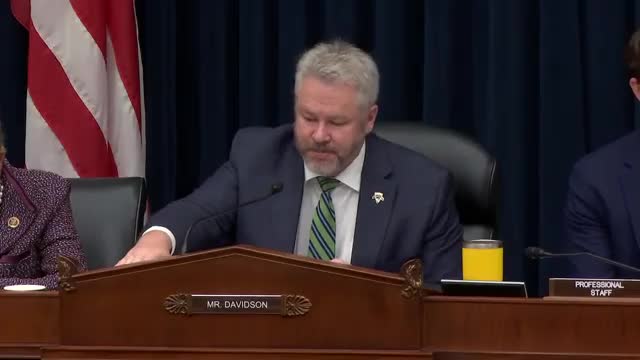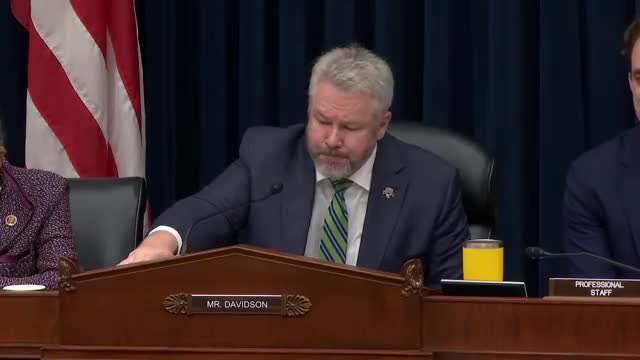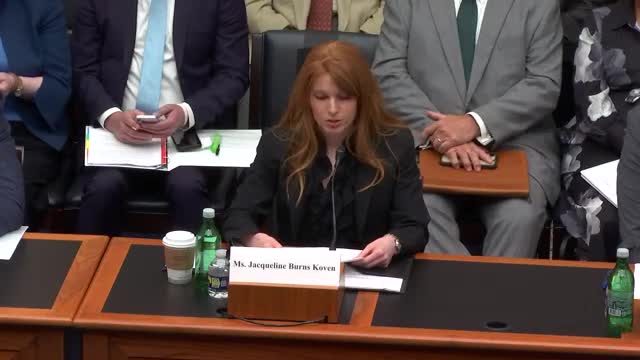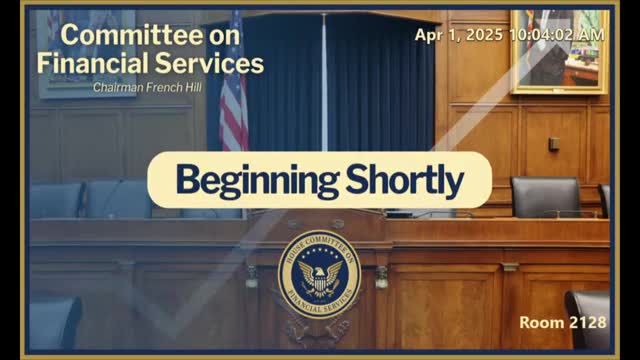Article not found
This article is no longer available. But don't worry—we've gathered other articles that discuss the same topic.

AARP and others urge stronger local capacity, new coordination center to protect older Americans from scams

Small‑business groups tell House subcommittee beneficial‑ownership reporting poses fraud and privacy risks

Chainalysis tells House subcommittee blockchain tracing can expose scam supply chains; names Huai Wan platform as common denominator

